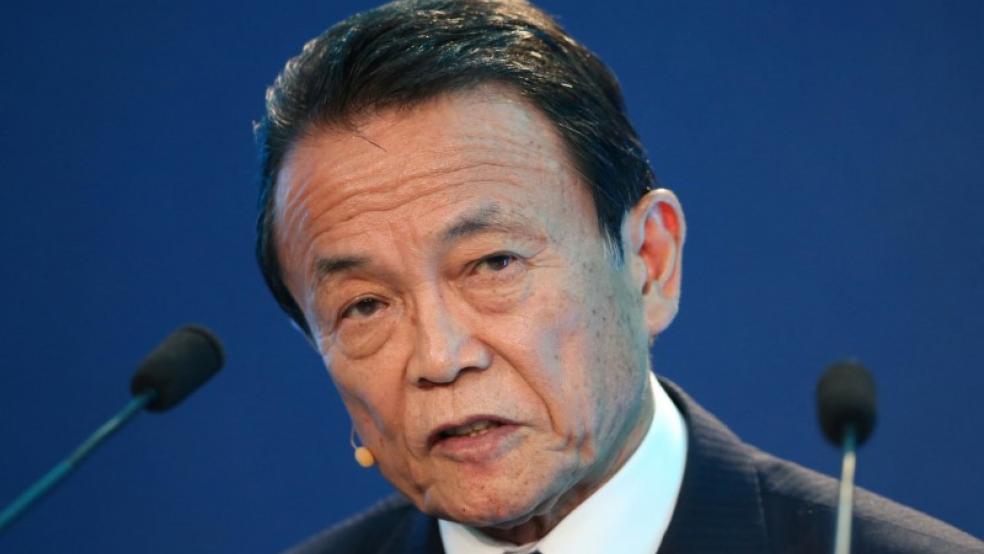Between Aug. 1 and the end of March next year, tariffs will jump to 50 percent from 38.5 percent now, as a "safeguard" mechanism is triggered to protect domestic farmers, the ministry said in a statement.
It will be the first time the tariff mechanism has been tripped for beef imports since August 2003, when it was triggered for chilled beef, the farm ministry said. The hike threatens a significant sector of United States' access to the biggest Asian market for U.S. beef, just as President Donald Trump seeks to expand American exports to Japan. Last year, U.S. frozen beef exports to Japan were worth more than $400 million."The safeguard will not only have negative implications for U.S. beef producers, but will also have a significant impact on the Japanese food service industry," said Philip Seng, president and chief executive of the U.S. Meat Export Federation (USMEF), in a statement on its website.The hike will be especially hard on gyudon beef bowl restaurants, which use U.S. frozen beef cuts as a primary ingredient, he said. An increase is automatic if quarterly imports of specific beef products - both from all nations and from those lacking economic partnership agreements (EPAs) with Japan - rise more than 17 percent from a year earlier. In April-June, Japan's first fiscal quarter, frozen beef imports from all nations, at 89,253 tonnes, were up 17.1 percent on the year, while imports from non-EPA nations reached 37,823 tonnes, an increase of nearly a quarter, government data showed. Nations that have EPAs with Japan, such as Australia, Mexico and Chile, escape the tariff hike. Japan has been contacting affected nations, such as the United States, to explain the increase, Finance Minister Taro Aso told reporters, Kyodo news agency said. Imports of chilled beef face no increase as their volumes did not exceed the trigger level. Japan's beef bowl restaurants were "finally enjoying robust growth due to greater availability of U.S. beef," Seng said, following tremendous setbacks experienced during previous curbs of U.S. beef imports. U.S. sales of frozen beef cuts to Japan last year were worth $418 million, or around 18 percent of the U.S. total, U.S. Census Bureau data shows.For the period January-May this year, total U.S. beef exports to Japan were valued at $731 million, up 32 percent on the corresponding 2016 period, the same data showed. By volume, total U.S. beef sales to Japan for January-May were 123,290 tonnes, up from 96,394 tonnes a year ago. Overall U.S beef exports for the first five months were 497,323 tonnes. U.S. beef makes up the vast majority of beef procurement at fast-food chain Yoshinoya, which buys about 11,000 tonnes of it annually, said a company spokesman.But the company is not considering raising prices at the moment, as a lackluster economy makes it hard to pass on higher costs to customers, he added."We don't yet have a clear idea about the impact on earnings," he said. "But considering conditions around consumption, we feel it will be difficult to raise prices."An official of a supermarket chain with more than 100 stores nationwide, who declined to be identified, ruled out a price hike for now, saying stocks were sufficient for the foreseeable future, though the proportion of U.S. beef it sold was limited. (Reporting by Osamu Tsukimori and Ritsuko Shimizu in TOKYO and Gavin Maguire in SINGAPORE; Editing by Tom Hogue and Clarence Fernandez)Japan to hike tariffs on frozen beef imports from U.S., other nations

Lucy Nicholson



